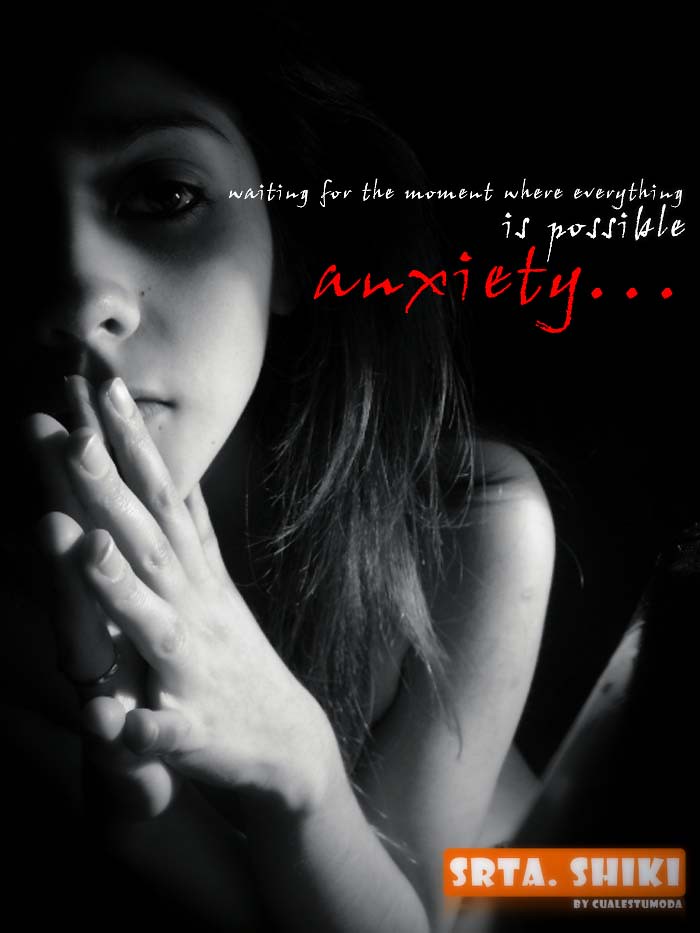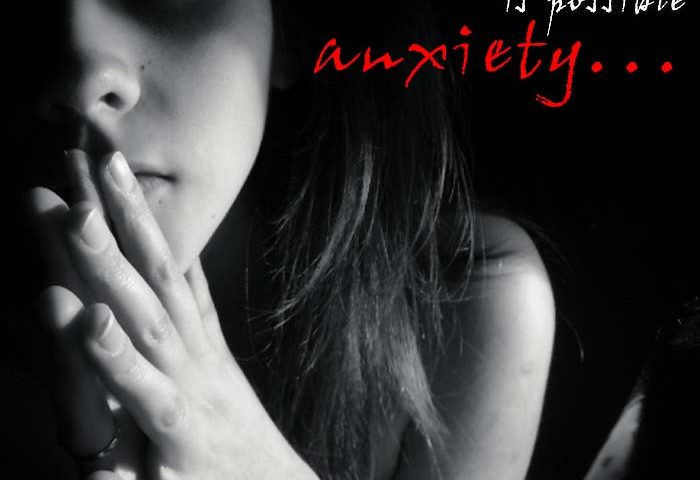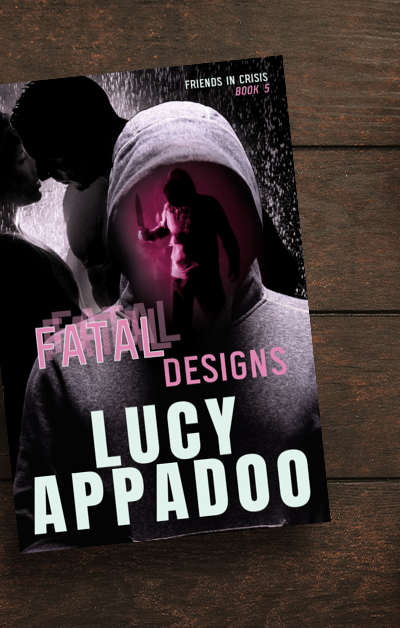
Twisted Obsession & Domestic Violence
February 8, 2021
Thrilling Novels!!
March 15, 2021
In my romantic suspense novels, I write purely about female protagonists presenting with symptoms of anxiety due to a trauma background. Take, for example, one of my characters, Bella Carismo from Haunted By The Past. She is anxious due to having violent and neglectful parents and was bullied in high school. Her friends, Jamie and Liz convince her to attend parties and be more social, but she is not comfortable with crowds in social situations.
Bella is a psychologist and understands how to manage her anxiety symptoms, but her anxiety escalates when she comes across a stalker and a murderer who is rather close to home.
My Similarities To Bella
I know that when I’m anxious about performing in front of others, I freeze or struggle at times. My chest tightens, my heart races and my mind ruminates about every possible thing that can go wrong. It’s part of my ‘worrier’ personality, so I tend to over-think things at times and come up with the worst case scenarios. However, it’s also about me being human. Having some anxiety is normal.
So what is it about anxiety that impacts performance? I’m glad you asked.
How Anxiety Affects The Brain (Summarised from ‘Counselling Connection’)
Anxiety is an issue when there is no actual threat, or when the fear doesn’t match the threat. However, when there is a genuine threat or stressor to manage, the anxiety may be appropriate. Some level of anxiety gives you the motivation to plan and perform effectively on a given task. For example, when you feel anxious about a presentation, you plan well for it. Anxiety can increase awareness and spur you on to perform well.
People with anxiety disorders struggle to distinguish between events that are genuinely threatening and those that aren’t. This situation occurs because they’re afraid the anxiety may become uncontrollable. High anxiety, however, reduces your ability to manage events well.
Some level of anxiety can keep you on your toes and help you to perform due to the stimulation of your mind and body. However, when anxiety is too high, performance reduces significantly.
Catastrophe Theory
The Catastrophe Theory focuses on your mental state during an event. The three areas of possible mental states in managing stressors include Boredom, Flow Channel, and Anxiety.
Boredom is about having a lot of skill but with little challenge or threat from a situation.
Boredom presents with low arousal and a lack of pleasure due to poor stimulation.
Flow channel involves a good balance between a threat or challenge and the skill required to address the challenge.
Anxiety is when you believe a challenge or threat is too high, but you view your skill level as too low. The greater the challenge and the lower the skill level or coping strategy, the higher the anxiety.
Generally speaking, some anxiety can stimulate action while too much anxiety can reduce performance. Also, a period of Flow can present you with some anxiety, but you believe that your skill matches the challenge. Boredom is about having too high a skill level while the challenge of a task is too low.
If you’re interested in learning about how Bella manages her anxiety through her performances against a stalker and murderer, check out my novel at the links below:
Haunted By The Past (Amazon)- http://mybook.to/HauntedbythePast
Haunted By The Past (other online retailers)- https://books2read.com/u/bw2ZeY




